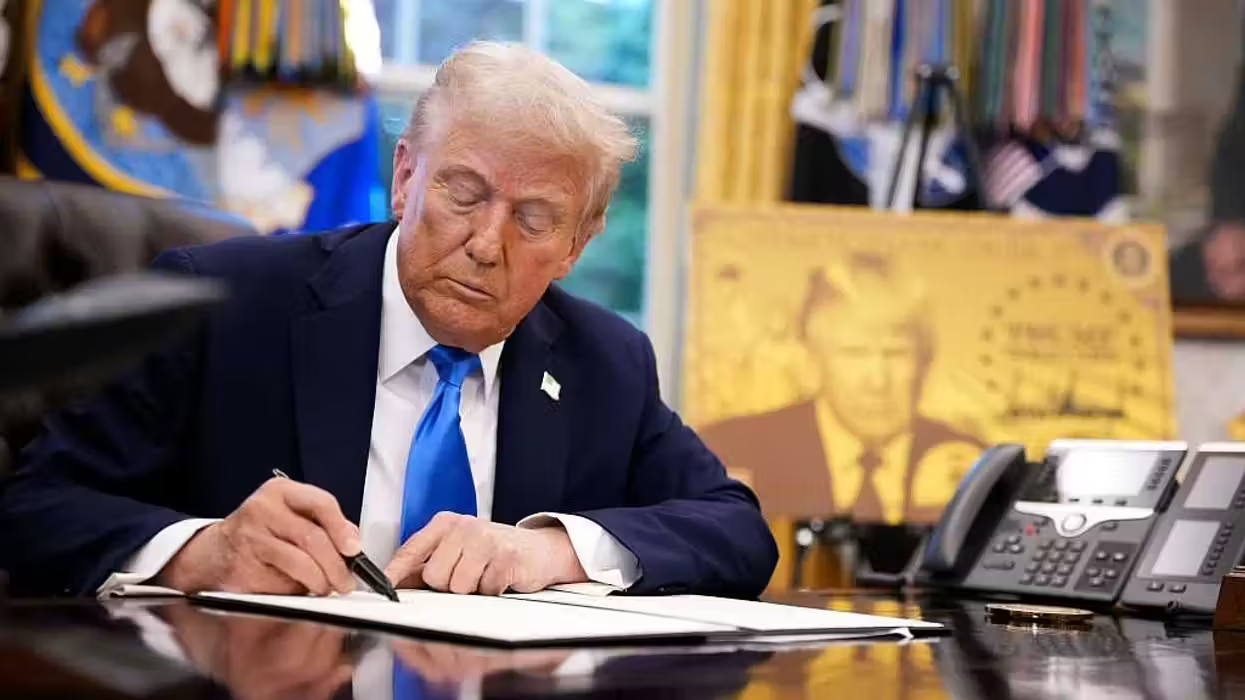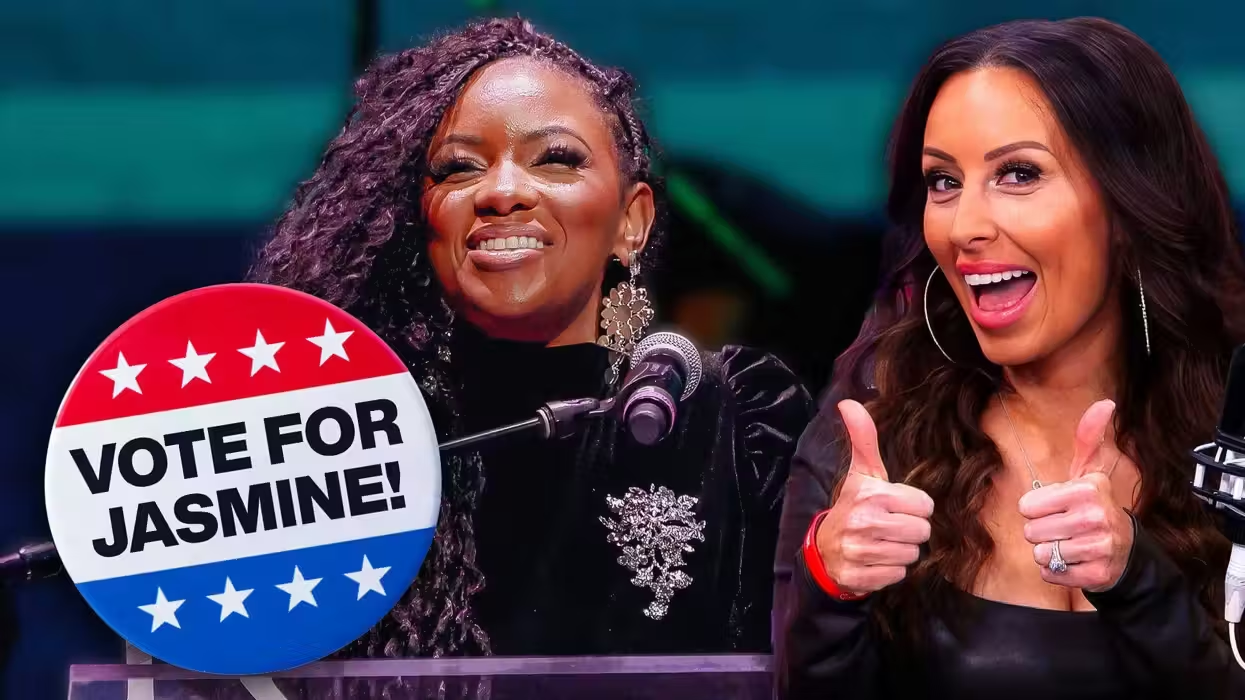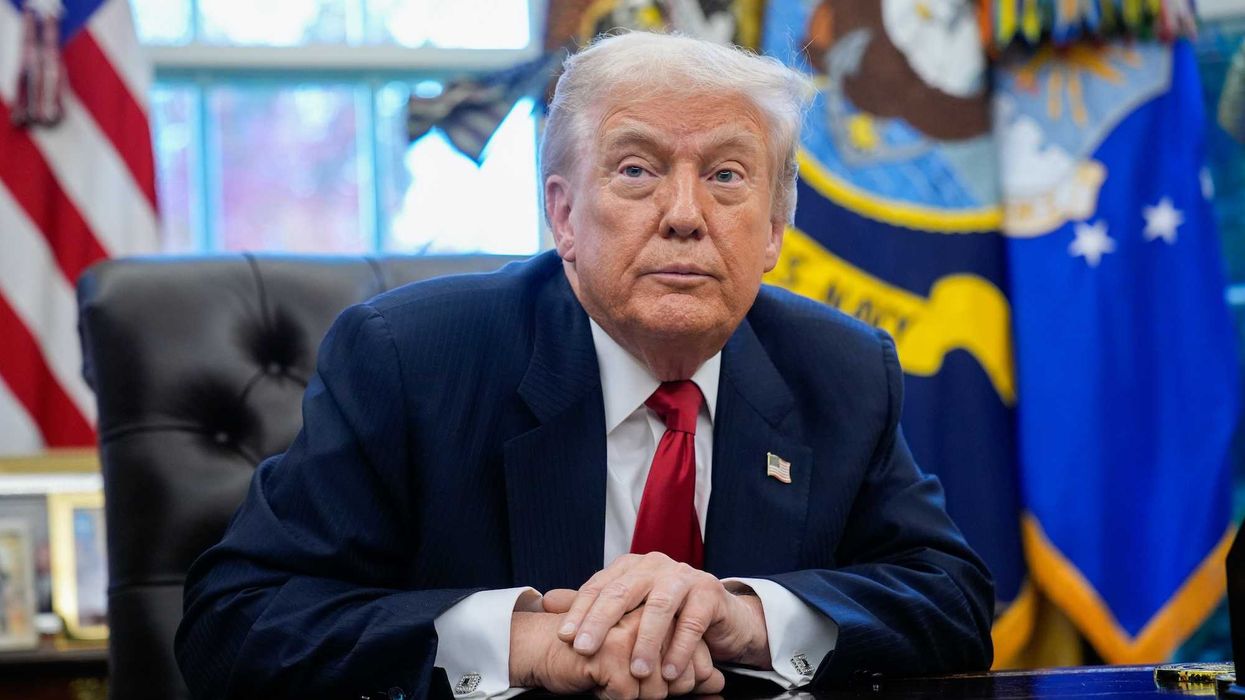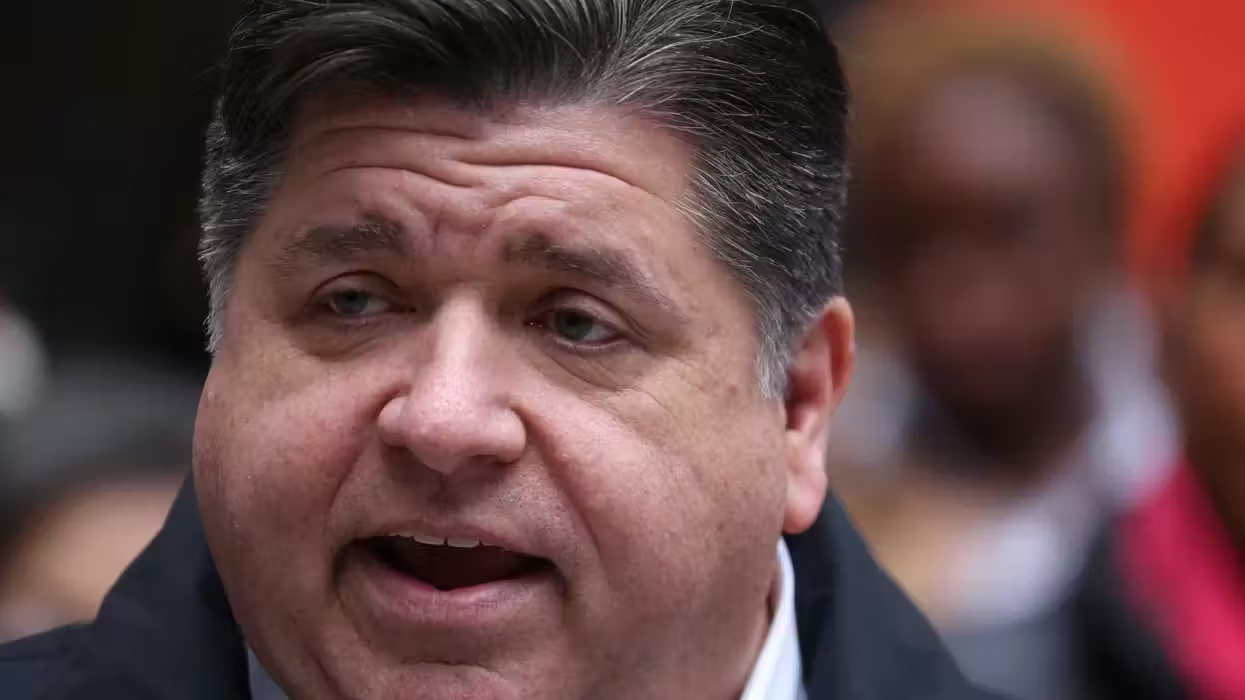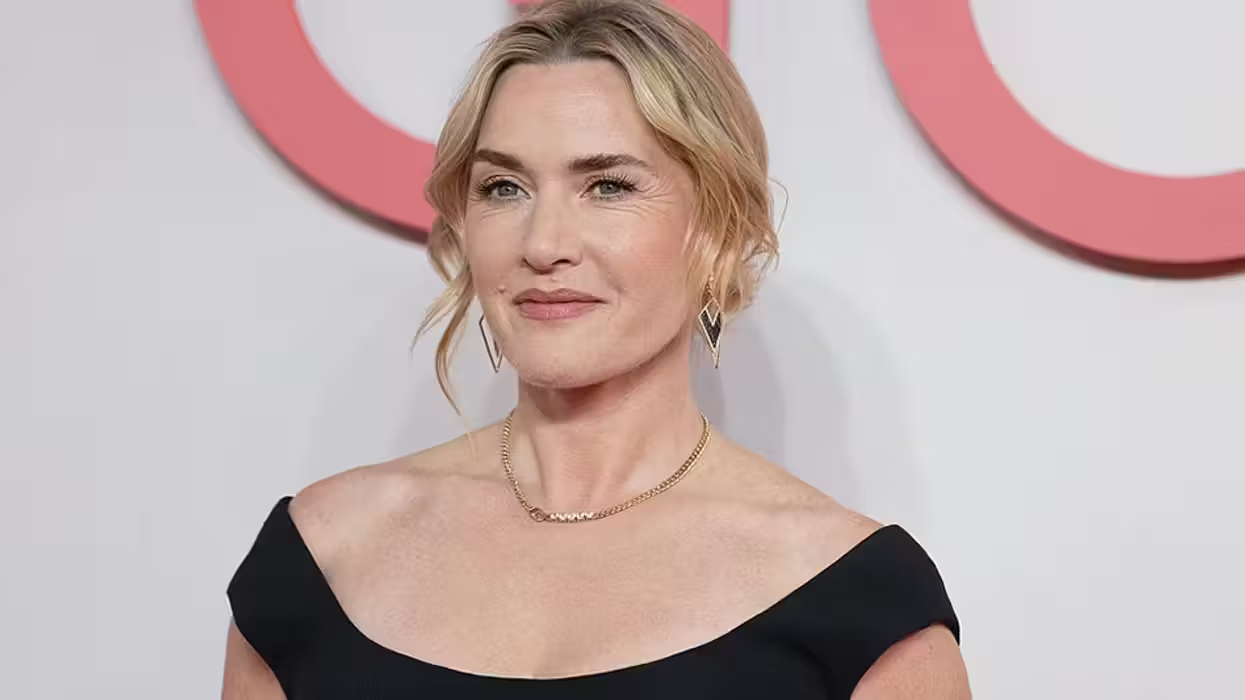© 2025 Blaze Media LLC. All rights reserved.
Global Warming Groups Claim Big Win in Battle Against 'Climate Denialist' Approach in Schools
April 11, 2013
"It's a victory for progressives and liberals."
By Mary Noble
Senior Editor at Politix
Climate science advocates are hailing new federal education guidelines as a major victory in the battle to "squash…climate denialist" approaches in schools.
The Next Generation Science Standards call for sweeping changes in America's science classrooms. For the first time middle schoolers would be required to learn about man-made climate change, and high schoolers to understand that "human activities, such as the release of greenhouse gases from burning fossil fuels, are major factors in the current rise in Earth’s mean surface temperature."
The standards are a “once-in-a-generation opportunity" to shape science education, said Matt Lappé, Director of Education at the Alliance for Climate Education. "I would agree” that it's a big win for climate science advocates, he told Politix. "I am very happy with the way the standards include climate change."
The last guidelines, released in 1996, contained no language on climate change, he said.
"The hope is that standards with rigor like this, with support within states, will squash those denialist approaches to climate science teaching. We've seen a number of [bills promoting climate skepticism in schools] proposed and shut down, and we're now in a position where we expect that to be the norm," said Lappé.
Climate change skeptics called the new standards biased.
"It's a victory for progressives and liberals. For us conservatives it's a very bad set of standards" said Robert Lattimer, President of COPE (Citizens for Objective Public Education). It is "a very politically correct document put together by elite scientists. It doesn't reflect correct science at all."
"I would say the standards are very strong on human-caused global warming…From the point of view of conservatives it's not a good document at all and it shouldn't be adopted," Lattimer added.
Other climate skeptic groups are similarly despondent. "The Next Generation Science Standards convey an anti-human message…that is not scientifically justified," said James M. Taylor, Senior fellow for Environmental Policy at the Heartland Institute, in a statement. “They certainly convey an environmental activist bias.”
But there's a silver lining for climate skeptics, claims Patrick J. Michaels, director of the Center for the Study of Science at the Cato Institute. Climate activists have gone too far with the standards and shot themselves in the foot, he said.
The standards are based on a "very alarmist point of view on global warming," says Michaels. "There will be tremendous resistance" among young people.
"Kids will become even more skeptical than they are now" when they go online and see scientific papers about how warming isn't really happening. "They will rebel against it in the long run," he said.
"Are we going to create a generation of young folks who are going to be alarmed by climate change?" Michaels said. "We are not. It's not going to wash. I am all for education on climate change as long as people tell the whole story, not just one side."
The guidelines have a long way to go before they hit the classrooms. Teachers need retraining, class materials need to be developed, and funding needs to be found. "Teachers will still need a lot of support, training, and feedback. It won't be enough to just hand [the guidelines] to a teacher," says Lappe.
Teachers need additional training in part to dispel the "climate of confusion, if you will, that has been manufactured by vested interests that like to perpetuate doubt and denial that climate change is happening and humans are responsible," says Mark McCaffrey, Programs and Policy Director,
"The overall political environment does influence teachers…who may have been influenced to teach [climate change] as a phony controversy."
The standards were drawn up by 26 state governments, including Arizona, Arkansas, California, Iowa, Kansas, and New York, plus other groups. In total 40 states have indicated they are considering them.
Some drafters of the standards deny they're a political "win” or loss, saying the changes simply reflect good science. They were supported by eighty percent of teachers surveyed by the National Science Teachers Association, one of the groups that drafted the guide, said executive director David Evans.
"The standards aren't about squashing controversy,” he said. "They're about helping students to understand the process of science."
Want to leave a tip?
We answer to you. Help keep our content free of advertisers and big tech censorship by leaving a tip today.
Want to join the conversation?
Already a subscriber?
more stories
Sign up for the Blaze newsletter
By signing up, you agree to our Privacy Policy and Terms of Use, and agree to receive content that may sometimes include advertisements. You may opt out at any time.
Related Content
© 2025 Blaze Media LLC. All rights reserved.
Get the stories that matter most delivered directly to your inbox.
By signing up, you agree to our Privacy Policy and Terms of Use, and agree to receive content that may sometimes include advertisements. You may opt out at any time.

